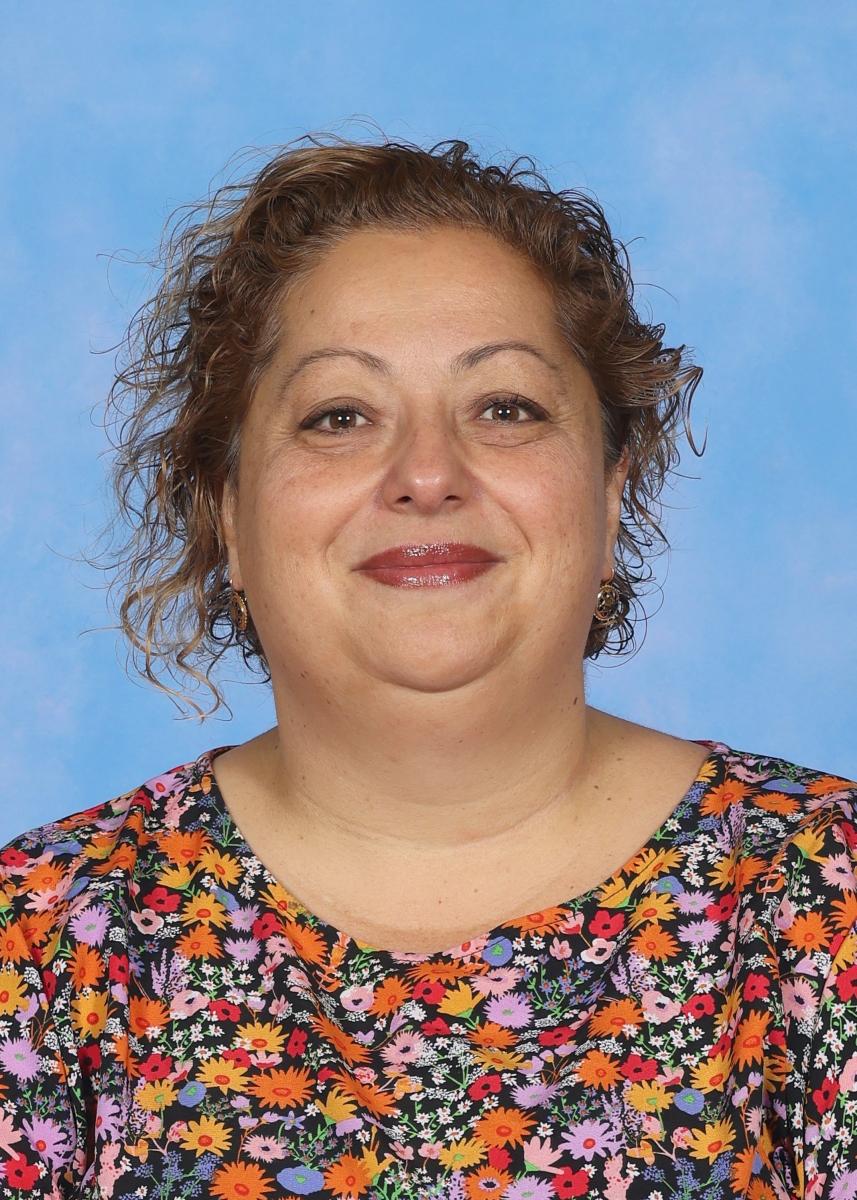Principal's Update
Gabby Tigafua - Acting Principal

Principal's Update
Gabby Tigafua - Acting Principal


You may have noticed that there have been quite a few Compass Notifications about our current focus on students using Expected Language – Kind Words.
Unexpected Language – swearing or saying something hurtful to others, is not an Expected Behaviour at Greenvale Primary School. We encourage all our students to show our school values at all times and be RESPECTFUL of others.
It can be quite a shock when your child starts to swear. You might be wondering where your child learned that kind of language – and whether they really understand what they are saying.
Young children often swear because they’re exploring language. They might be testing a new word, perhaps to understand its meaning. When school-age children swear, it’s usually to vent some negative feelings. It’s a response to something painful, upsetting or frustrating.
Children might also swear to fit in socially. They might be trying to be part of the group, or to stand out by being funny or adding shock value to their talk. Children might also be imitating others when they swear.
Some children swear because it gets a strong reaction from their parents, teachers or peers.
While it’s important to understand why children swear and that it is a normal stage of development, it is also imperative that there is immediate action. Ignoring Unexpected Language does not work – Behaviour Ignored is Behaviour Condoned. Children think it is okay to continue with this language if no one is speaking to them about it.
At Greenvale Primary School, staff will be issuing a Values Note to any student using Unexpected Language – swearing or using unkind words.
A Values Note is a form of communication to families to make you aware of what is going on at school. We would appreciate your support if your child receives a Values Note about Unexpected Language. Please speak to your child about their choice of words. Your child might or might not fully understand a swear word’s meaning. But school-age children do understand that words can hurt or offend others. Your reaction will influence whether your child swears again.
It’s a good idea for the adults in your home to discuss and agree on expected language. Discuss your family rules about expected language with your child. For example: ‘There are some words we don’t use in our home’. If your child asks you why somebody is using a bad word, you could talk about how people in different families have different rules. You might also want to explain to your child that some words that are expected at home might not be expected at school. Different places have different rules. At school is it never okay to swear or use unkind words.
If you know why your child is swearing, it can help you decide on an appropriate response.
If the swearing is because of anger, you can teach your child that angry feelings are okay. But it’s better for your child to express their feelings using more expected words, or to get away from what is making them angry. For example, if your child is angry with a classmate, tell them to walk away or ask a teacher for help with the situation.
If you think your child is swearing to fit in socially, discuss other ways they can get acceptance from their friends. For example, think of another ‘cool’ expression they can use. As children get older it’s good to remind them that they can use different language for different people – but that some words are never acceptable.
If the swearing is because of frustration, talk your child through the steps to sorting out problems for themselves. Teach your child alternative ways to deal with anger and frustration. This could include counting to 10, taking deep breaths, or talking about angry feelings. Encourage your child to use alternative words that aren’t offensive. For example, you could suggest, ‘flip’ or ‘shivers’ or even funny words that you and your child make up together.
Lastly, we all grew up with the old saying ‘Sticks and stones may break bones but words will never hurt me’. How wrong they were… I prefer the new version:
Stick and stones may break bones,
But words can shatter souls.
Words matter.
Choose wisely.
You are invited to attend the School Council Annual General Meeting (AGM) to hear the outcomes of the 2023 Annual Report to the School Community. The annual report provides a means for the school council to inform the community of what has been achieved and how the school has performed in the previous year.
The annual report includes the following :-
Please Note –School Council Annual General Meeting (AGM) will be held at 6:00pm on Tuesday, 26th March followed by the School Council meeting with the new Council at 6:30pm. The AGM is an open meeting, so I am cordially inviting parents to attend if they wish to do so. Could you please notify the office if you are going to attend. At the AGM we will table and discuss the Annual Report to the School Community which outlines school outcomes and progress for 2023.
If you have a child that will be starting Foundation in 2025 please read the information below:
Enrolment Guidelines for Foundation 2025
Please visit our website greenvaleps.vic.edu.au for information regarding the timeline for Foundation 2025 enrolments and school tours. The process has changed and we are unable to distribute enrolment application forms until the 15th April 2024 - Term 2.
If you click the link below, it will take you to the registration form for Foundation 2025. Existing families are not required to book in a tour but are quite welcome to if you would like.
https://forms.office.com/r/JCkyGjptjZ
Once you have registered, we will email you an enrolment form in April or they will be available to collect from the office. Enrolment applications are to be returned by Friday 26th July 2024.
Regards
Gabby Tigafua - Acting Principal